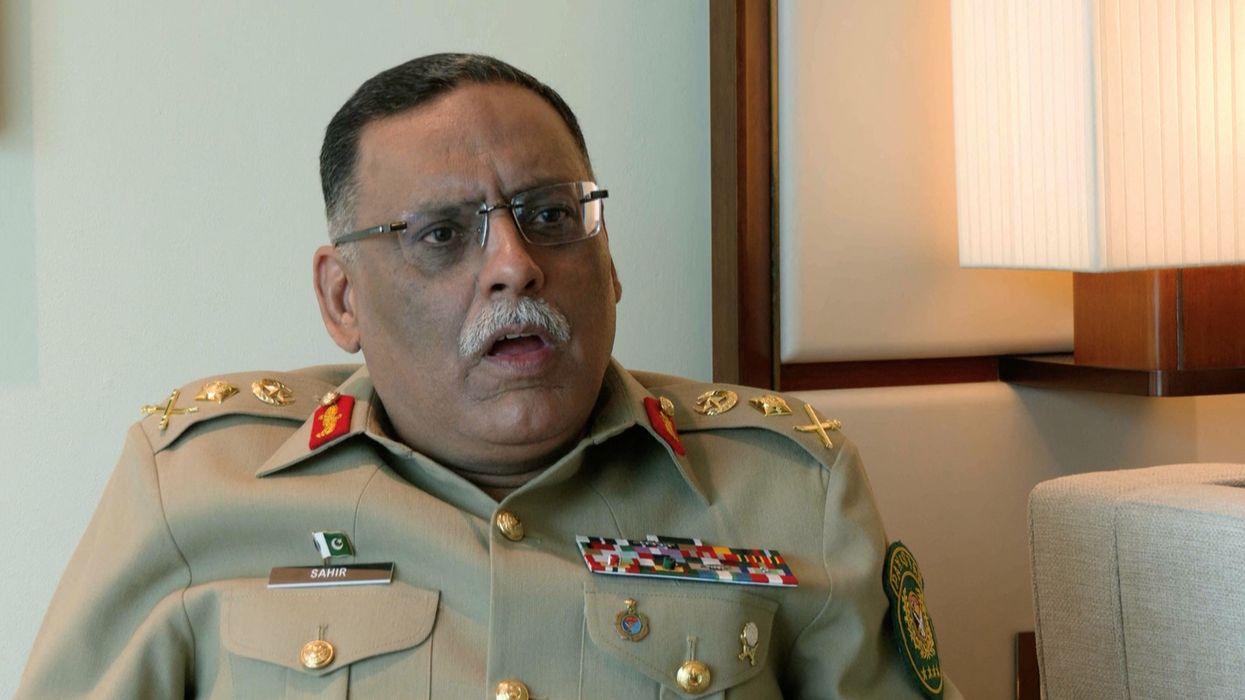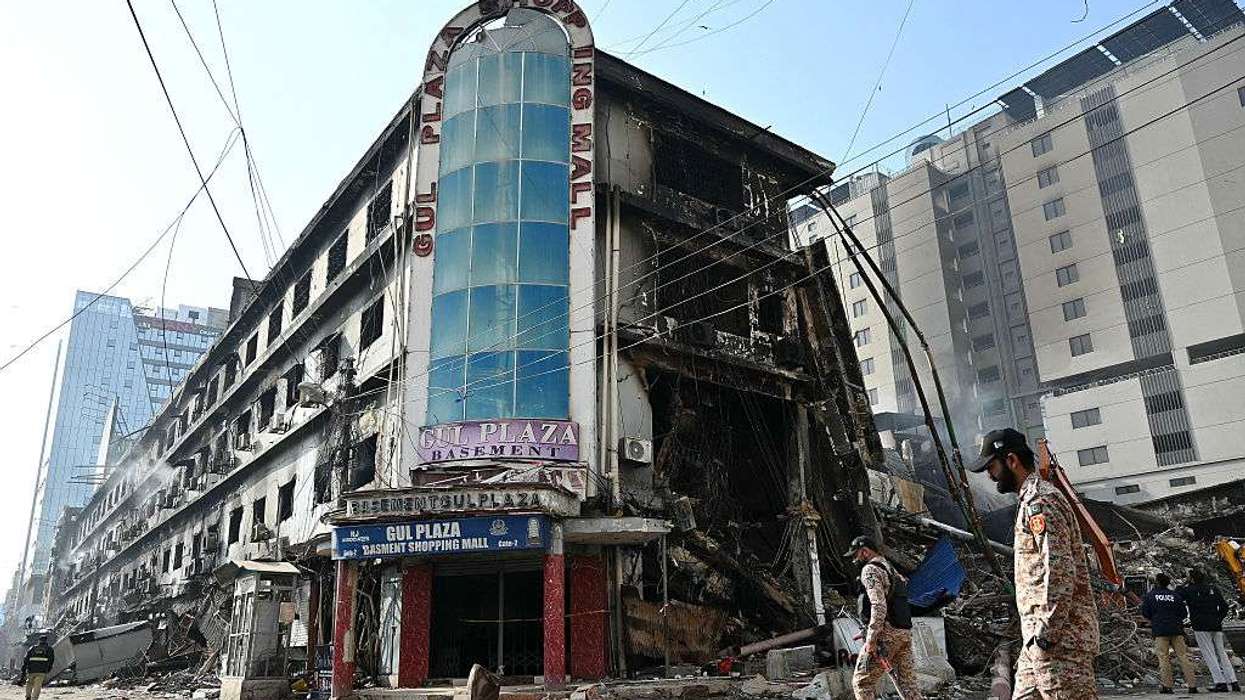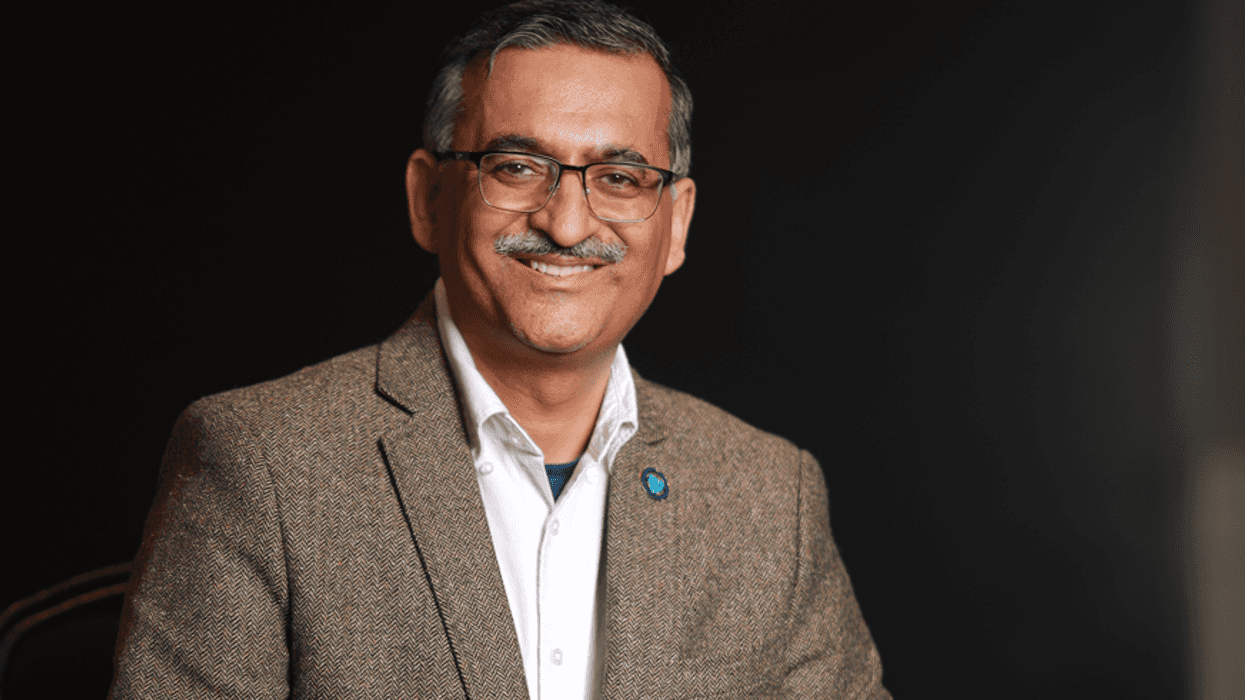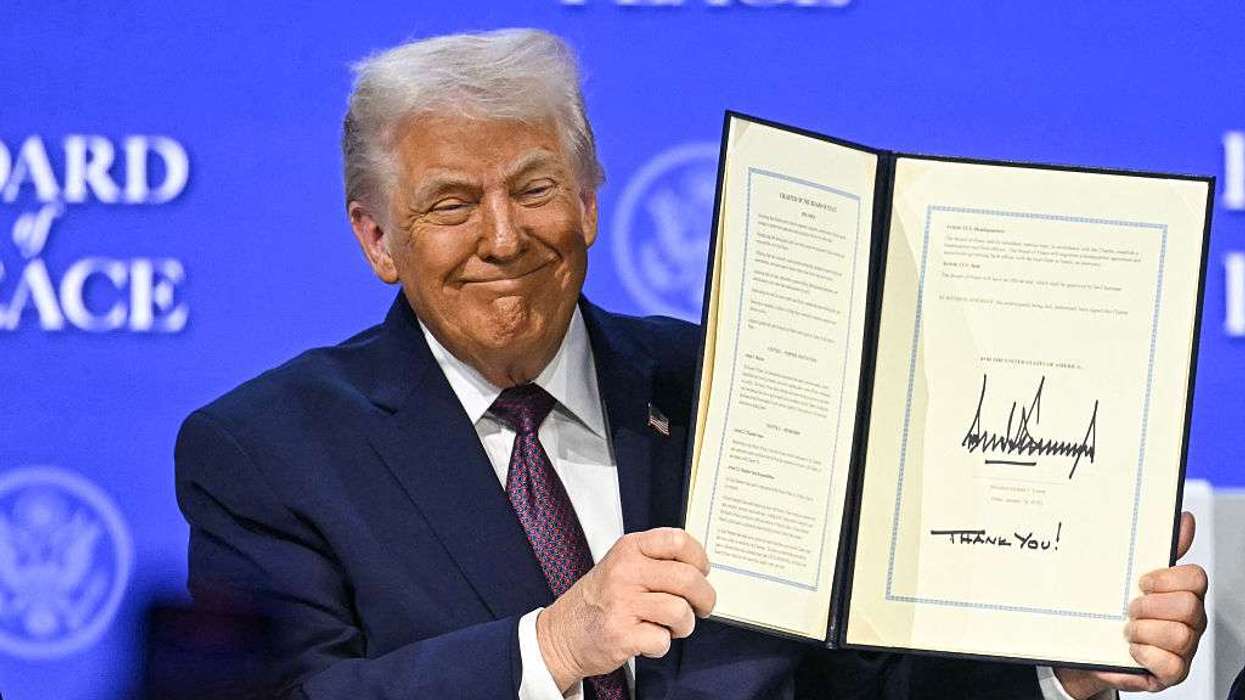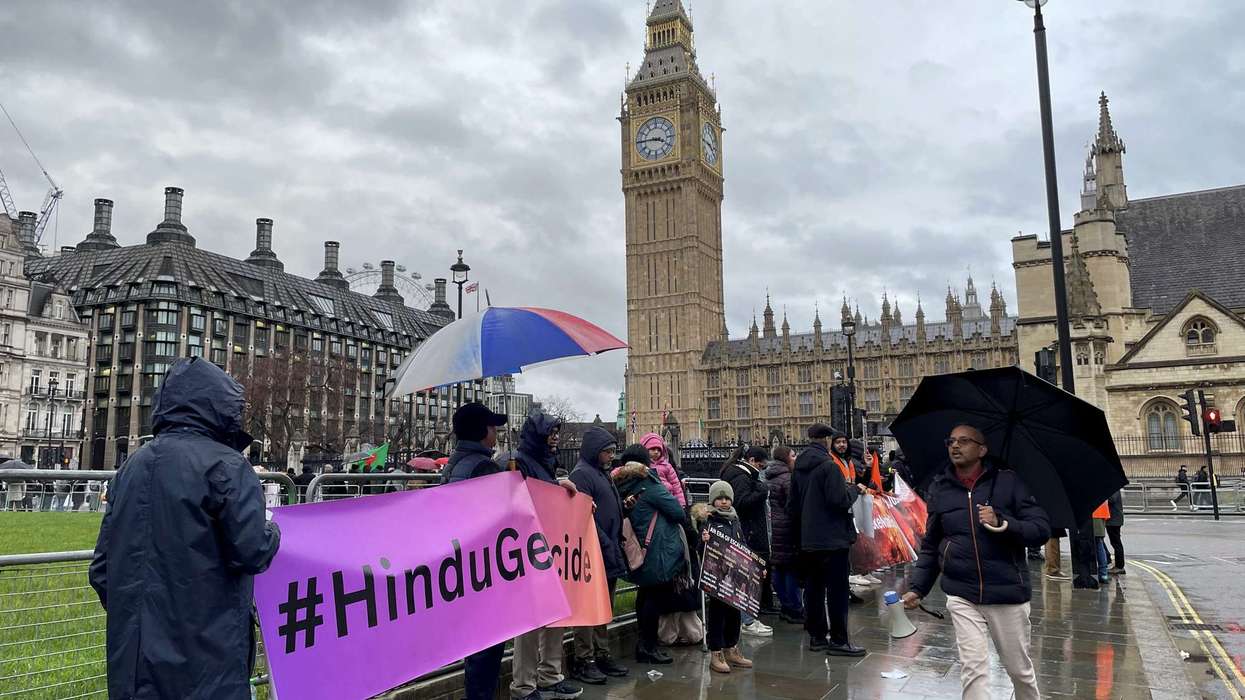PAKISTAN and India are close to reducing troop levels along their border to those before the latest conflict began earlier this month, a senior Pakistani military official told Reuters on Friday. He cautioned, however, that the recent fighting had raised the risk of escalation in the future.
Both sides used fighter jets, missiles, drones and artillery in four days of clashes before a ceasefire was announced.
The fighting began after an attack in Indian Kashmir on April 22 that killed 26 people, most of them tourists. New Delhi blamed the attack on "terrorists" backed by Pakistan, a charge denied by Islamabad.
On May 7, India launched missiles at what it said were "terrorist infrastructure" sites across the border. Pakistan responded with its own attacks, and both countries increased their troop presence along the frontier.
General Sahir Shamshad Mirza, Pakistan's chairman of the joint chiefs of staff, said the two militaries had started reducing troop numbers.
"We have almost come back to the pre-22nd April situation... we are approaching that, or we must have approached that by now," said Mirza, the most senior Pakistani military official to speak publicly since the conflict.
India's ministry of defence and the office of the Indian chief of defence staff did not immediately respond to Reuters' requests for comment on Mirza's remarks.
Speaking in Singapore at the Shangri-La Dialogue forum, Mirza said there was no move towards nuclear weapons during this conflict, but it was a dangerous situation.
"Nothing happened this time," he said. "But you can't rule out any strategic miscalculation at any time, because when the crisis is on, the responses are different."
He said the risk of escalation in the future had grown, as the fighting this time was not limited to Kashmir. Both sides attacked military installations in their mainlands, but neither has acknowledged any serious damage.
Indian prime minister Narendra Modi warned Pakistan this month that New Delhi would target "terrorist hideouts" again if there were new attacks on India.
'Dangerous trend'
India blames Pakistan for an insurgency in its part of Kashmir that began in 1989 and has killed tens of thousands. Pakistan says it provides only moral, political and diplomatic support to Kashmiris seeking self-determination.
"This (conflict) lowers the threshold between two countries who are contiguous nuclear powers... in the future, it will not be restricted to the disputed territory. It would come down to (the) whole of India and (the) whole of Pakistan," Mirza said. "This is a very dangerous trend."
Reuters has reported that the rapid escalation of hostilities ended in part because of behind-the-scenes diplomacy involving the US, India and Pakistan, and the key role played by Washington in brokering peace. India has denied any third-party role in the ceasefire and said that any engagement between India and Pakistan has to be bilateral.
Mirza said international mediation might be more difficult in the future because of a lack of crisis management mechanisms between the two countries.
"The time window for the international community to intervene would now be very less, and I would say that damage and destruction may take place even before that time window is exploited by the international community," he said.
He said Pakistan was open to dialogue, but apart from a crisis hotline between the directors general of military operations and some hotlines at the tactical level on the border, there was no other communication between the two countries.
New Delhi has maintained a hard line on any possible talks.
“If there are talks, it will only be on terrorism and (Pakistan Kashmir)," Indian defence minister Rajnath Singh said on Friday. "If Pakistan is serious about talks, it should hand over terrorists... to India so that justice is served.”
Mirza said there were no backchannel discussions or informal talks to ease tensions. He also said he had no plans to meet General Anil Chauhan, India's chief of defence staff, who is also in Singapore for the forum.
"These issues can only be resolved by dialogue and consultations, on the table. They cannot be resolved on the battlefield," Mirza said.
(With inputs from Reuters)
